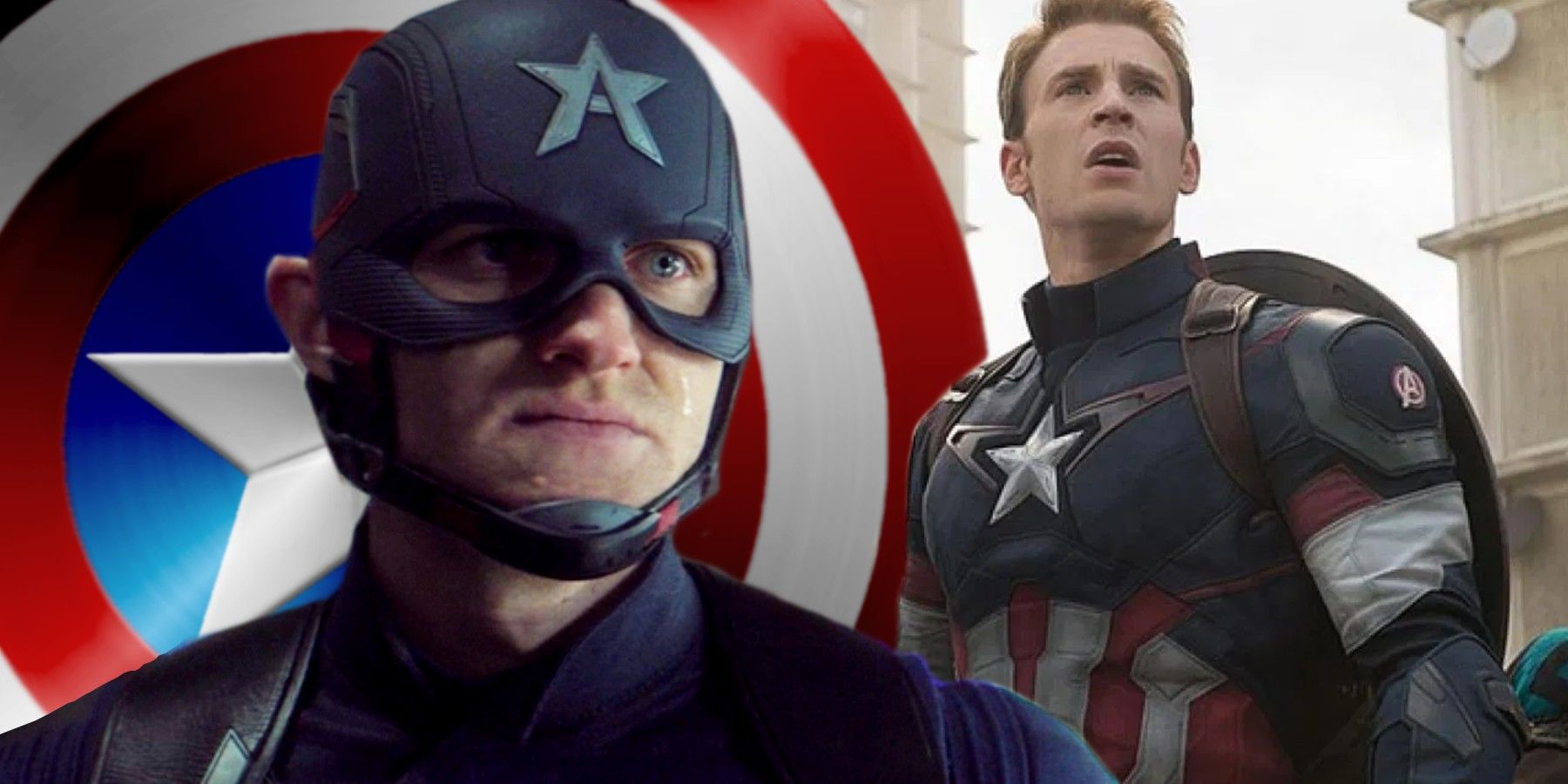
So far, The Falcon and the Winter Soldier has been all about the legacy of Captain America and the symbol behind the shield, but the show's most hated character might have been correct in his assessment of the mantle. Many characters so far have had their own ideas about what Captain America represents - from Baron Zemo's (Daniel Brühl) concern over worshipping a symbol to Isaiah Bradley's (Carl Lumbly) righteous anger at an America that omitted him - and now it's all set to come to a head as Sam Wilson (Anthony Mackie) makes his decision as to whether or not to pick up the shield. Throughout the series, Sam has grappled with the complicated history of the American colors and whether or not Cap's shield is a symbol that can be emblematic of all of the unique issues facing the world today, and with his experiences as a Black man and also someone who fought alongside the shield's original user, no one else is more equipped to answer that question.
Another facet of the conversation is the character of John Walker (Wyatt Russell), the state-sanctioned replacement to Steve Rogers who was given the shield after Sam decided to hand it over to the United States government. For the past five episodes the audience has watched Walker's descent into paranoia, self-righteousness, and frenzied jealousy, all culminating in one of the most shocking scenes in the Marvel Cinematic Universe - Walker's extra-judicial murder of an unarmed man. John Walker was always the wrong man for the job but seeing his impulsiveness take such a horrifying turn only solidifies why he failed in all the ways that Steve Rogers succeeded.
Episode 5 of the show sees John Walker court-martialed for his crimes, and while it may seem like he's received consequences for his actions, there's an underlying sense that he's not the only one complicit in what happened. Indeed, John's actions might have been his own but he was directly enabled by those in power who decided to turn Captain America into a tool.
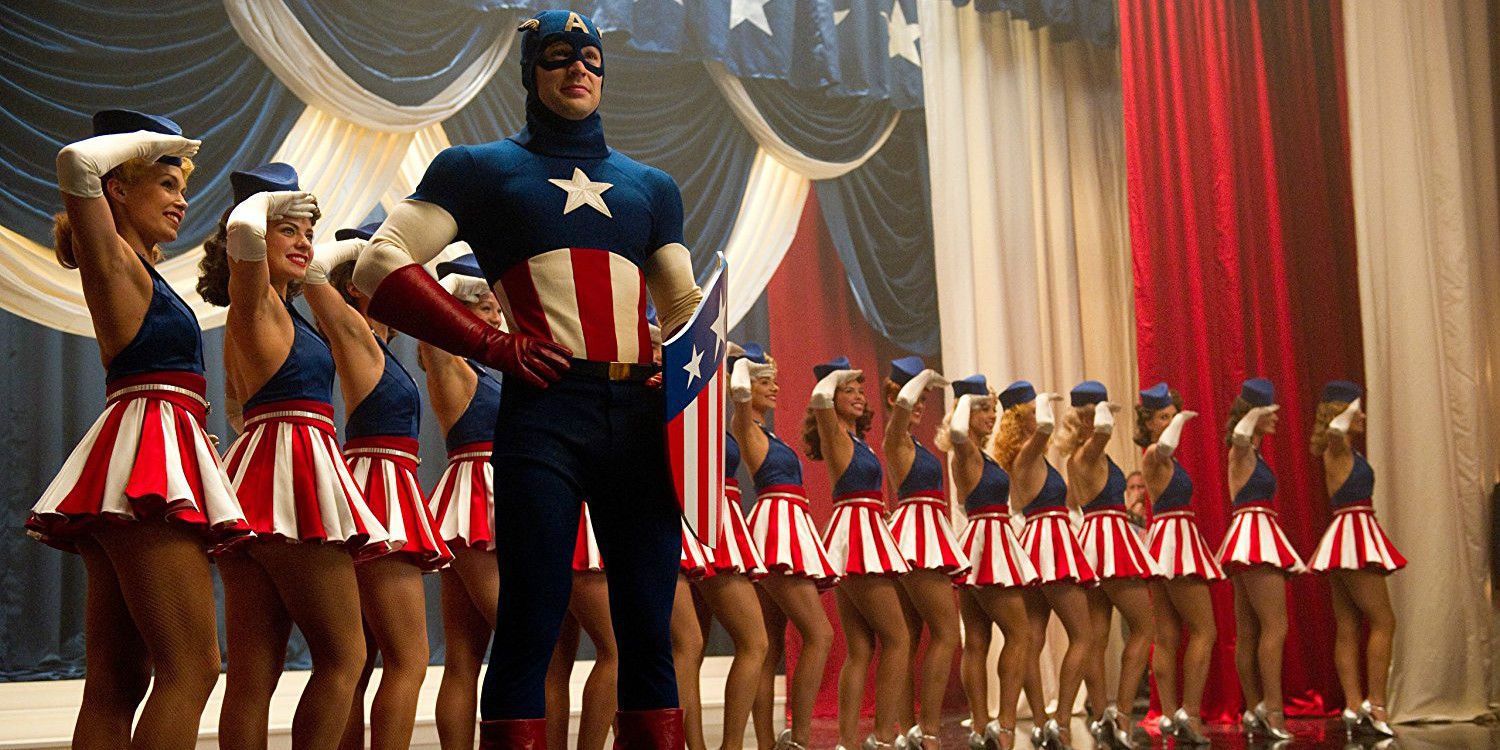
The original plan behind the Super Soldier serum was for it to be mass-produced in order to make multiple superhuman fighters to be used during wartime, but the untimely murder of Dr. Abraham Erskine (Stanley Tucci) ensured that Steve Rogers would forever be the only successful subject of the original experiment. Because of this, the U.S. government decided to shift its plans, changing Captain America from an active duty combatant into an entertainment icon used to boost support for the American war effort. Instead of weaponizing him the way they intended to, they found a way to monetize him and use him as a cartoonish representation of the American military force.
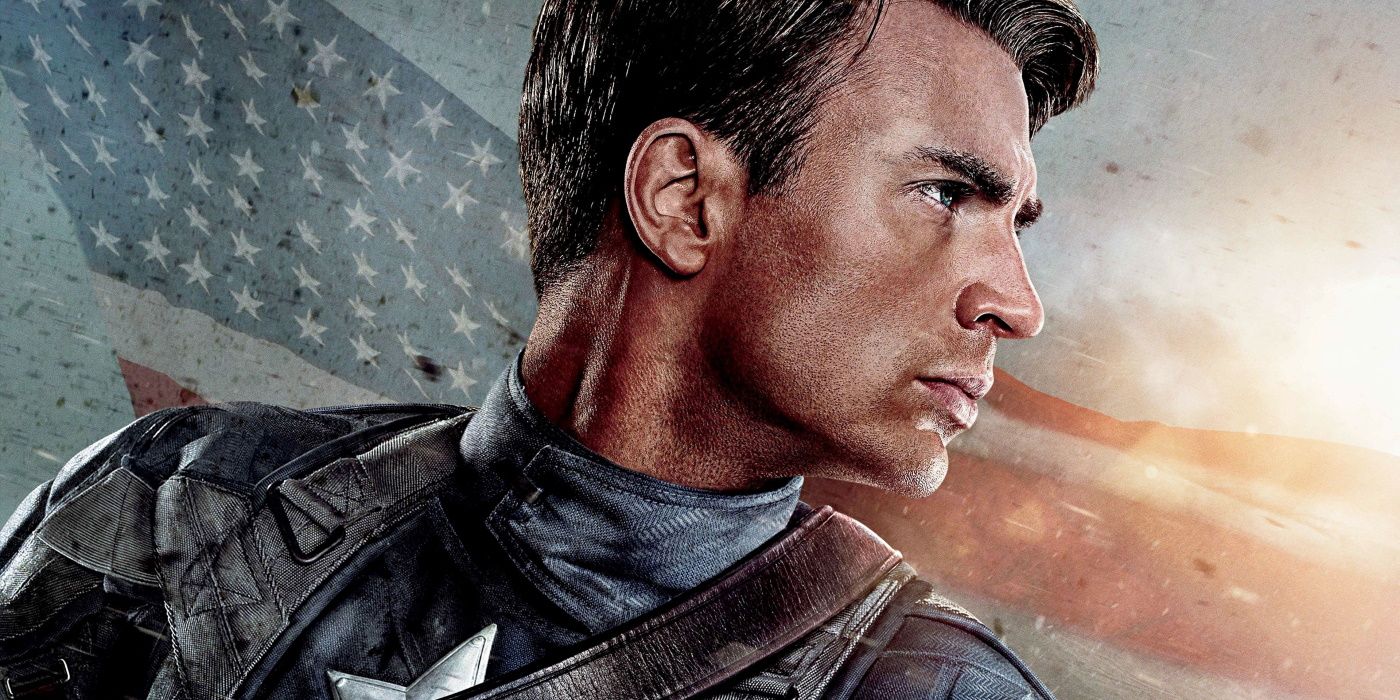
Even though the idea of Captain America was one that was created to be used as propaganda, it was the actions of Steve Rogers that gave the title purpose beyond that intention. Not content with just sitting around and going on tour while other people were fighting and dying in the war, Steve disobeyed his chain of command and decided to go behind enemy lines to free a camp of POWs, including lifelong friend Bucky Barnes (Sebastian Stan). Not only was this mission a success, but it was arguably the first event that solidified Steve's drive to do good and genuinely help other people.
This refusal to stand by and do nothing is a trait that defined the rest of Steve's life in the MCU - from calling out SHIELD's sinister research into the Tesseract to his disputes with Tony Stark regarding Ultron and the Sokovia Accords. Any time he was faced with a conflict that pressured him to compromise, he always stood firm in his beliefs, even when it left him on the wrong side of the law. The title of "Captain America" was originally a hollow and empty moniker bestowed upon him because he fit the surface-level ideals of American exceptionalism, but it was Steve's own actions and moral convictions that gave the name meaning and made it legendary.
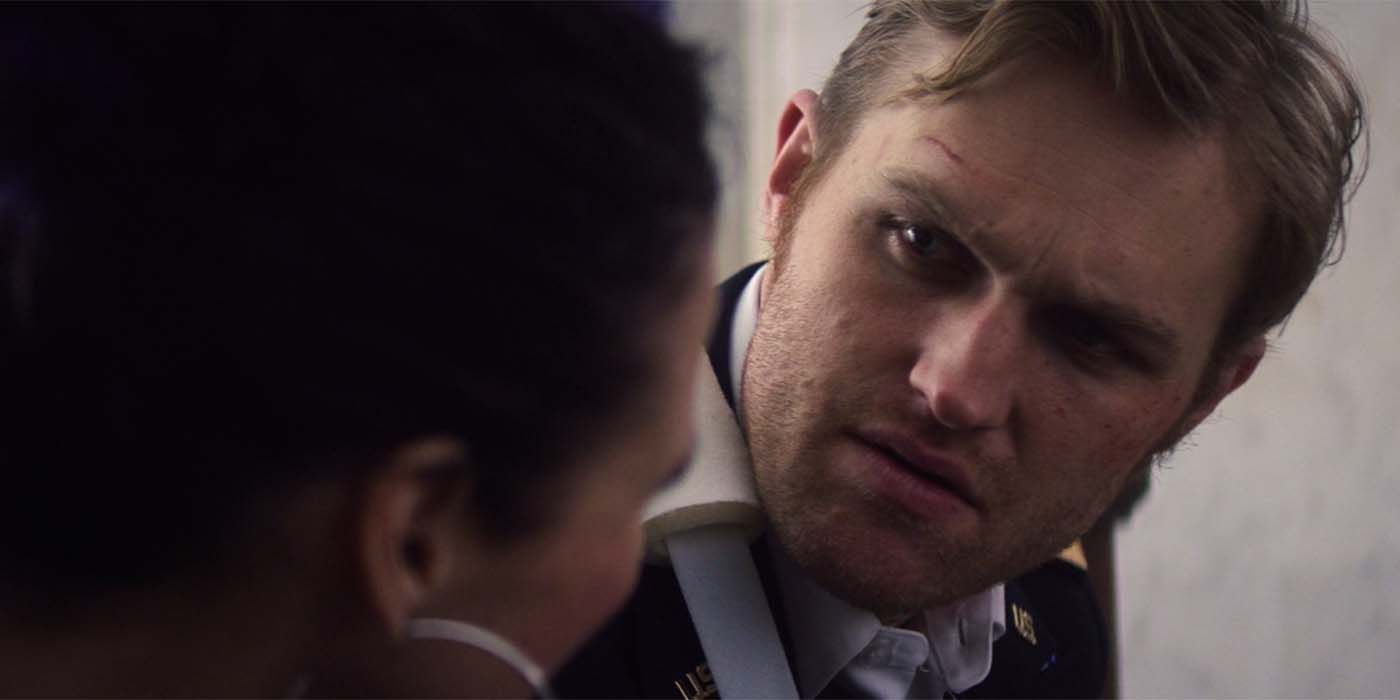
A sharp contrast from Steve Rogers, John Walker was put forward as the U.S. government's new Captain America because of the fact that he was a good soldier, not necessarily because he was a hero or even a good man. His announcement even came with a ceremony listing the commendations he received during his service - a clear indicator that it was his ability to follow orders and get the job done that made people see him as the right fit. This problem was compounded by the massive impact left behind for him to live up to, as well as the expectations and anticipations put on him by the nation at large.
John Walker was always a troubled man, and even in his own arrogance and frustration, he was capable of recognizing that. In episode 4, during a conversation with his late partner Battlestar (Clé Bennett), he tells him that he hates the recognition that he receives from his medals and awards, knowing deep down that they did horrible things in the missions that earned him those Medals of Honor. Despite doing what he believed was the right thing by becoming Captain America, John began to understand at the end that he was only ever exactly what the government wanted him to be, what they had made him into. This is why, during his trial hearing, he tells his superiors that they were the ones who made him. For all intents and purposes, John Walker's actions as Captain America were precisely what he had been trained to do.
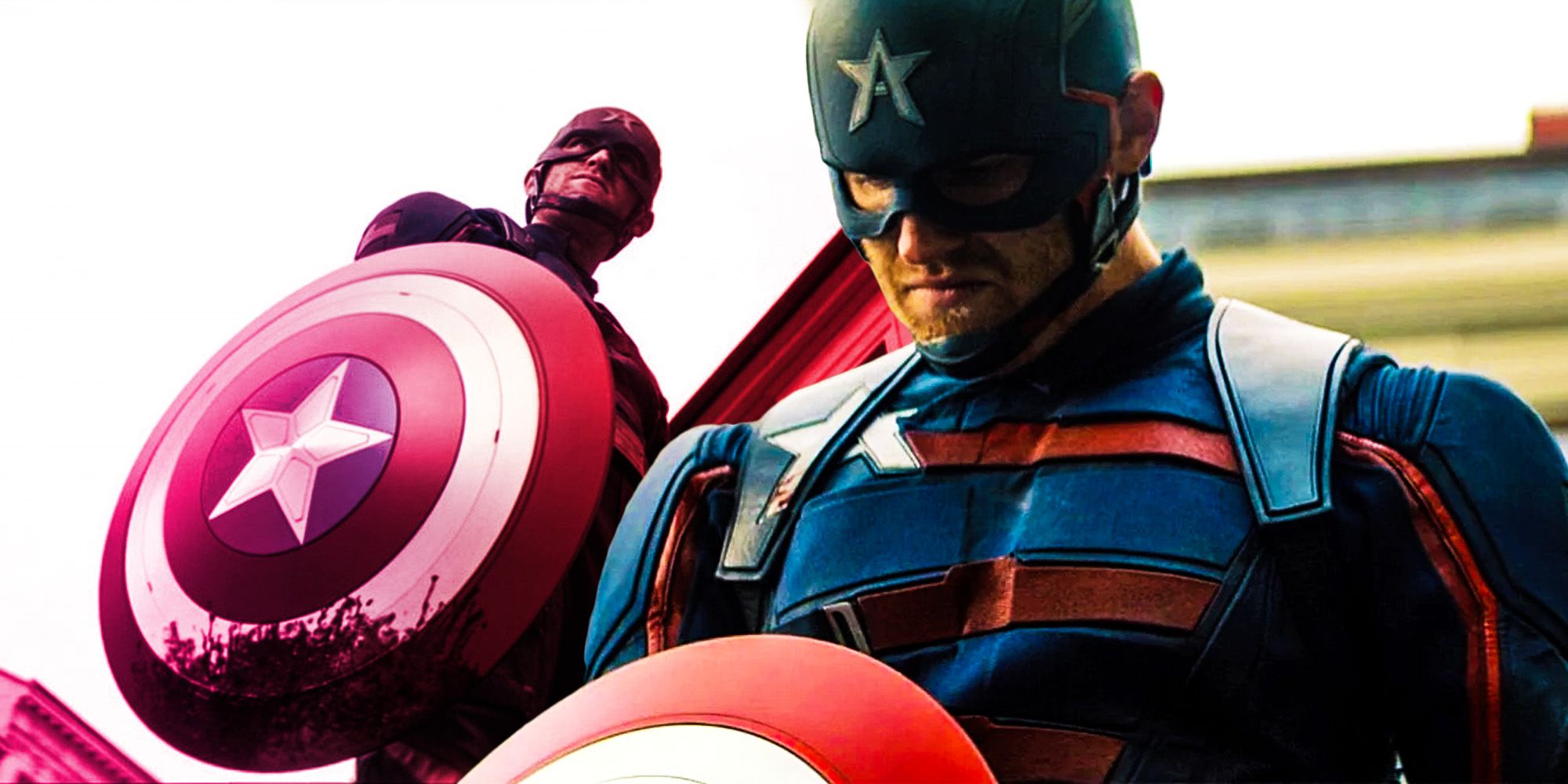
From the very beginning, the United States had always planned for Captain America to be an extension of American military policy and not his own man. Even when Erskine was working on the original version of the Super-Soldier serum, the plan was for it to be used to create better soldiers and fighters. Steve Rogers was the only person to successfully react to the original serum before Erskine was killed, taking his formula with him, and it was a deliberate choice on the part of Erskine that Steve was someone with a strong moral compass. The MCU has never shied away from the fact that Steve was actively questioning the intentions of those with authority, and it's because he's always been aware of the fact that people with power always have agendas.
Nowhere is this more evident than in the downfall of John Walker. The United States government took a man struggling with his own inner demons and gave him the shield because they wanted someone who could be a beacon for their outdated American sensibilities, as well as someone who would do what was asked of him without question. When all of those volatile elements came to a head, they attempted to place all the blame squarely on his head, and while John Walker is responsible for his own actions, it's also an indictment of the military-industrial complex and the way it will use soldiers up and spit them out. The Falcon and the Winter Soldier has shown fans that, to the government, the legacy of Captain America has only ever been a symbol through which to achieve an agenda, and now it's up to Sam Wilson to decide if the shield can once again be emblematic of the individual heroism of its wielder.
from ScreenRant - Feed https://ift.tt/3gtLzDp


0 Comments